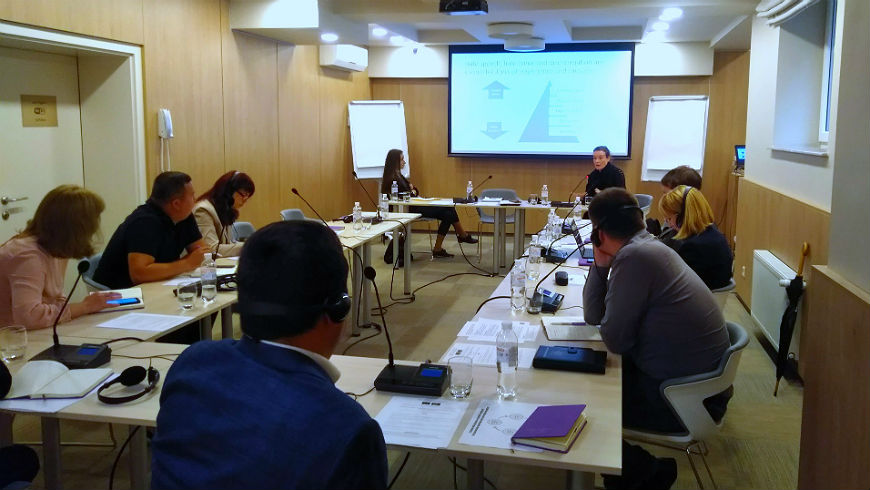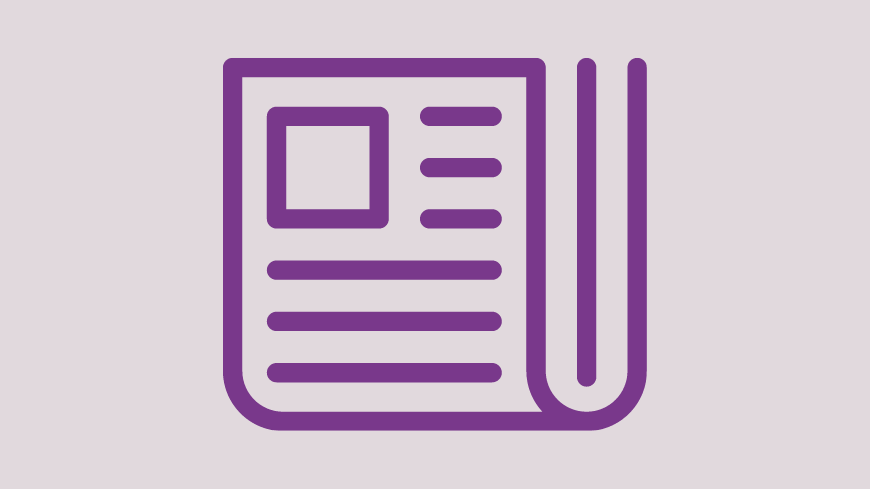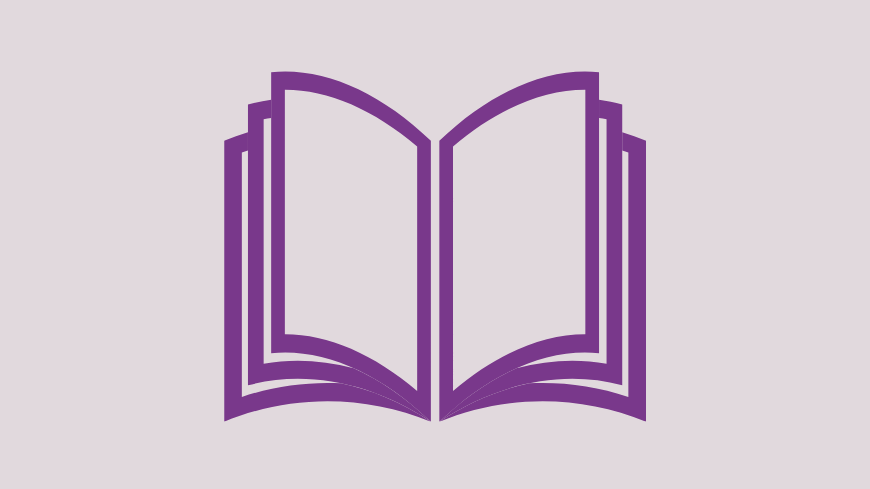Improving the methods for disaggregated data collection on discrimination, hate speech and hate crime was the main topic of the first national stakeholders’ meeting on this theme in the Republic of Moldova. Stakeholders agreed that the current methods can be improved through:
- a national study on the current state of play
- expertise on specific guidelines and training for police, prosecutors, judges, equality bodies/ Ombudsoffice
- public information and awareness-raising campaigns encouraging potential victims to report discrimination, hate speech and hate crime and that the level of acceptance of these problems in society is lowered.
The regional Partnership for Good Governance II project “Strengthening access to justice for victims of discrimination, hate crime and hate speech in Eastern Partnership countries” will support national entities through expertise, training and support to awareness-+raising in 2019 and 2020. These activities will also support the implementation of the latest European Commission against Racism and Intolerance (ECRI) monitoring report on the Republic of Moldova, which explicitly recommends putting in place a consistent disaggregated data collection system.
The collection of disaggregated data will provide a coherent, integrated view of discrimination and hate crime, by recording the specific bias motivation of racist and homo/transphobic hate crime (hate speech and violence) reported to the police as well as the follow-up given by the justice system. It is also recommended that this data is made available to the public.
The meeting of national stakeholders was organised on 3 June 2019 in Chisinau, with the participation of representatives of the Ministry of Justice, the Ministry of Internal Affairs, the Prosecutor’s office, the National Bureau of Statistics, the Equality Council and the Ombudsoffice.
A similar methodology will be proposed in two other countries of the project, namely Ukraine and Armenia. Through this type of activities, the PGG II project “Strengthening access to justice through non-judiciary redress mechanisms for victims of discrimination, hate crime and hate speech in Eastern Partnership countries” aims to improve the application of anti-discrimination legislation and its monitoring and to build public awareness among the general public and vulnerable communities of existing redress mechanisms to discrimination, hate speech and hate crime.
The Partnership for Good Governance II is funded by the European Union and the Council of Europe; and implemented by the Council of Europe.





